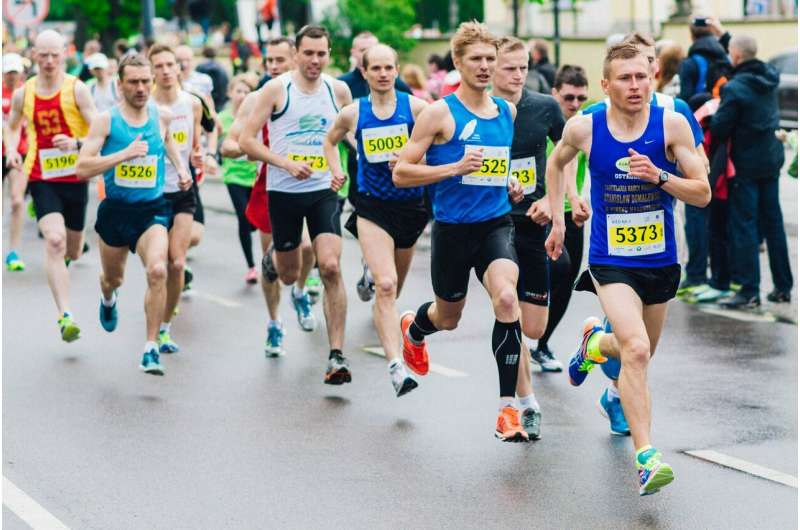Exercise as a Tool for Managing Weight in Breast Cancer Survivors

New research suggests that exercise can help breast cancer survivors manage weight and regulate appetite hormones, supporting better health during and after treatment.
Recent research from the University of British Columbia highlights the multifaceted benefits of exercise for women who have survived breast cancer. While physical activity is widely recognized for enhancing strength and cardiovascular health, new findings indicate that it may also play a crucial role in weight management and appetite regulation for this population.
Dr. Sarah Purcell, a researcher affiliated with UBC's Southern Medical Program and Center for Chronic Disease Prevention and Management, led a study exploring the impact of exercise on breast cancer survivors undergoing estrogen-blocking therapy—a common long-term treatment method. Despite their favorable survival rates, many survivors experience weight gain, which raises the risk for obesity-related complications such as heart disease and diabetes. Obesity not only affects overall health but also increases the risk of cancer recurrence, making weight control essential.
The study, published in Nutrition and Cancer, examined women who, due to endocrine therapy, often have lower estrogen levels. It specifically investigated how exercise influences appetite hormones, focusing on peptides like Peptide YY (PYY), known for its appetite-suppressing effects. Participants in the study showed that following exercise sessions, women on estrogen-blocking therapy exhibited higher levels of PYY. This hormone's elevated levels persisted longer than expected, suggesting that exercise could temporarily enhance appetite suppression, a benefit that could aid in weight control.
Interestingly, while these survivors didn't report feeling less hungry after exercise, their hormonal responses indicated a stronger appetite-reducing effect. This reveals a potential mechanism where physical activity influences hormone levels to support weight management, even if subjective hunger perceptions don't change immediately.
The findings challenge previous assumptions and open new avenues for using exercise as a strategic intervention to combat weight gain during breast cancer treatment. Incorporating aerobic and resistance training, as recommended by cancer care guidelines, can improve body composition, metabolic health, and cardiovascular function. Overall, the research underscores the importance of tailored physical activity programs in supporting the health and recovery of breast cancer survivors.
Source: https://medicalxpress.com/news/2025-10-breast-cancer-survivors-weight.html
Stay Updated with Mia's Feed
Get the latest health & wellness insights delivered straight to your inbox.
Related Articles
Water Fitness: How Aqua Exercise Promotes Health and Recovery
Discover how water-based exercise harnesses buoyancy, support, and resistance to promote safe, effective fitness, rehabilitation, and overall well-being.
The Creatine Boom: Exploring Trends and Facts About Supplement Use
Discover the latest insights into creatine supplementation, its benefits for muscle performance, safety profile, and growing popularity among fitness enthusiasts and athletes worldwide.
The Health Benefits of Walking: A Path to Longevity and Well-Being
Discover how regular walking, especially at a brisk pace, can reduce the risk of premature death, improve heart health, and promote longevity. Learn why incorporating more steps into your daily routine is a simple yet powerful step toward better health.
Enhancing Running Performance Through Focused Visual Attention
Discover how focusing on a narrow visual point, such as the finish line, can help runners boost effort, increase speed, and improve overall performance through a simple mental strategy.



